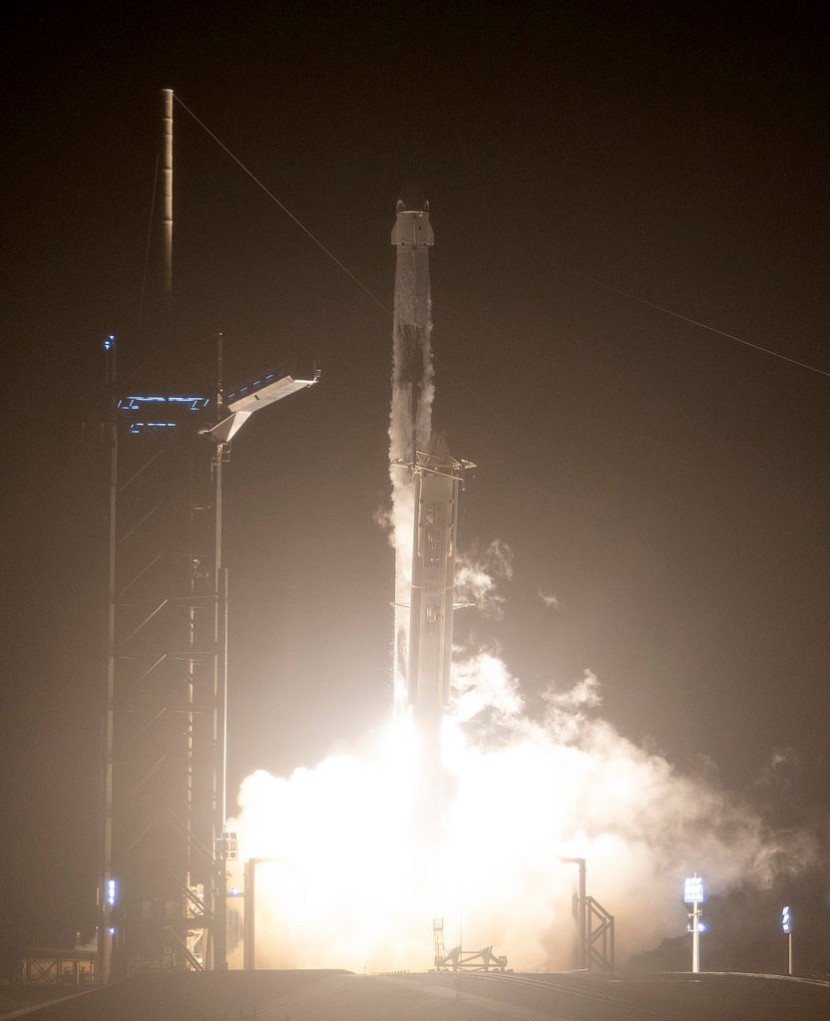
The World Economic Forum, in its latest report, warned about the emerging risks of cybersecurity and the space race on the global economy, which adds to the ongoing challenges of the COVID-19 pandemic and climate change.
The Forum plans to hold virtual sessions next week following the postponement of its Davos event for the second year in a row due to the risk of COVID-19. Before that, it recently released its Global Risks Report for the CEOs and world leaders who were set to attend the annual elite assembly.
The report indicated that the COVID-19 pandemic continues to be a "critical threat" to economies and societies. However, the disparity n terms of access to vaccines among the rich and poor countries play a crucial role in recovery rates. This difference between the first world nations and developing countries is seen to cause heightened geopolitical conflicts and increased gaps.
Emerging Threats From Tech Advancement
The pandemic has forced significant changes in the world, including workplaces, business methods, learning set-ups, communications, and more. As travel gets restricted, most activities and transactions are now being conducted online, propelling the demands for digital devices and online platforms, as per ABC news.
However, an expert warned that this development has also led to higher risks in terms of cyber threats.
Carolina Kint, a risk management leader at Marsh, said that cyber threats are becoming more aggressive and widespread as criminals use more complex tactics that use malware and ransomware attacks.
"We are at the point now where cyberthreats are growing faster than our ability to prevent and manage them," Klint mentions effectively.
The advancements in technology in recent years also helped bring down the costs of space technology. This led to a new space race among companies and governments.
In 2021 space exploration has become an increasingly profitable sector. Jeff Bezos, the founder of e-commerce giant Amazon, launched Blue Origin, while British business magnate Richard Branson took off Virgin Galactic spaceflight, and Elon Musk has propelled Space X. At the same time, host countries are stepping up their space programs to pursue geopolitical, technology, military, or even commercial gains, as per US News.
However, these endeavors also raise the levels of debris in orbit that pose dangers.
"Increased exploitation of these orbits carries the risk of congestion, an increase in debris, and the possibility of collisions in a realm with few governance structures to mitigate new threats," the report said.
World Economic Forum's managing director, Saadia Zahidi, said survey respondents thought that Space exploitation was among the areas with the "least amount of international collaboration to deal with the challenges," as per Associated Press.
Climate Change Still A Serious Concern
But amid the technological advancements the world has witnessed recently, climate change continues to be the dominant concern for the next decade.
Survey respondents cited failure to act on climate change, extreme weather, and biodiversity loss as the top three dangers.
The report indicated that though different countries employ various approaches to address the major global environmental concern and some nations even take faster actions to adopt zero-carbon models, hastened actions could lead to economic troubles and drive millions of people out of jobs.
"There are still many unknown risks from deploying untested biotechnical and geoengineering technologies," the report said.
Related Article : Ransomware Attack Surge Targets Critical American Infrastructures, Hinders Reviving Economy








